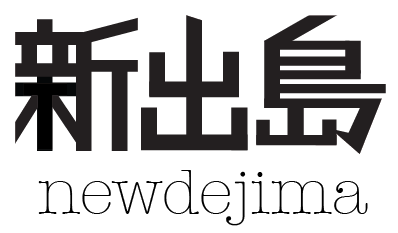When I came to Japan 1999 from Renault, my job was to revive Nissan. I was the only executive officer managing two companies on two continents, and not one of them was a slave to the other. Some people would say, "Oh, you're not doing enough for Nissan." Others would say I wasn't doing enough for Renault. Nobody wants to share their CEO.
It became clear that [Nissan] wanted results, but it didn't want change. Every idea I had was resisted. The Japanese people are very polite, so they wouldn't directly oppose any decision of mine; instead, they would propose something else to avoid it.
I knew that if I wanted to have any chance to be successful, I had to change all of it at once. I played to the sense of commitment that the Japanese have. I made it clear that I was personally committed to Nissan's revival. I had to close down plants in a country where the plant is a sacred place. I had to reduce head count in a culture that expects lifetime employment. I had to challenge seniority, when everything was based on the oldest guy getting the job. Every single thing that was needed for Nissan went against their values. It was a complete clash with the culture.
I had all the press against me: How is a Brazilian-born French citizen of Lebanese origin who doesn't speak one word of Japanese and comes from little Renault going to change the mighty Nissan? You know what really helped me? I didn't understand what they were saying about me in Japan.
I was always very even in my care and attention. Now I'm spending a bit more time in Renault because there is a performance differential. Take the image of the father: He needs to be more present for the child who needs him the most.
If I left one job or the other, both companies would know the alliance wouldn't be the same. Either you're Japanese, or you're French. The only person who can be legitimate from both sides is somebody who is French and has contributed to save Nissan, or somebody who is Japanese who has contributed to save Renault. I have the privilege to see things from both sides. - As told to Diane Brady from Bloomberg Businessweek


0 件のコメント:
コメントを投稿